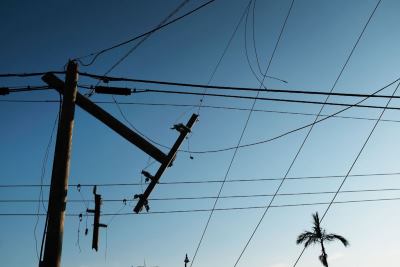
Using data from the 2017 American Community Survey (ACS), released in September 2018 by the U.S. Census Bureau, the National Digital Inclusion Alliance ranked all 191 U.S. cities with more than 50,000 households by the percentage of each city’s households that lack home Internet connections of any kind.
Note that this data is not an indication of the availability of home broadband service, but rather of the extent to which households are actually connected to it.
In general, affordability and familiarity are the two biggest impediments that stop someone from signing up for internet access. With broadband providers boosting speeds, but also dropping affordable lower-speed plans, a digital divide based on dollars has worsened in many communities, despite the availability of discounted internet access plans for poor families with school age children or elderly users on disability. Kansas City, Kan. is a remarkable entry at 23rd worst in the country. It, along with its much larger counterpart across the Missouri border, was the first Google Fiber city.
- Laredo, Texas
- Brownsville, Texas
- Hialeah, Florida
- Detroit, Michigan
- Cleveland, Ohio
- Memphis, Tennessee
- Miami, Florida
- Philadelphia, Pennsylvania
- Newark, New Jersey
- Syracuse, New York
- Chattanooga, Tennessee
- Springfield, Massachusetts
- Milwaukee, Wisconsin
- New Orleans, Louisiana
- Shreveport, Louisiana
- Birmingham, Alabama
- Mobile, Alabama
- Macon-Bibb County, Georgia
- Richmond, Virginia
- Dayton, Ohio
- Rochester, New York
- Topeka, Kansas
- Kansas City, Kansas
- Baltimore, Maryland
- Montgomery, Alabama


 Subscribe
Subscribe
A more odd entry in that list is Chattanooga. The entire area has FTTH via EPB. Yet apparently folks can’t swing the $57/mo starting price for 100 Mbps EPB service? That’s way more inexplicable than what I’m guessing is an incomplete GFiber build in Kansas City. Not bitter about being delisted from GFiber’s Austin build or anything… 😐